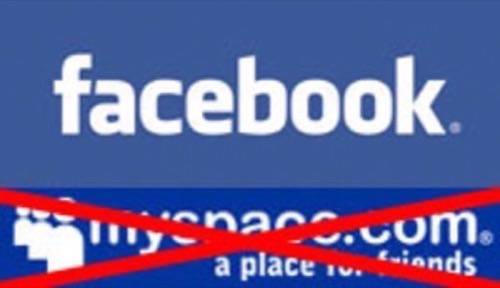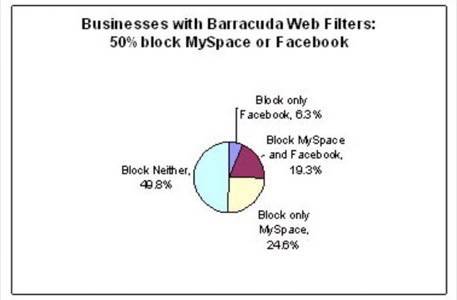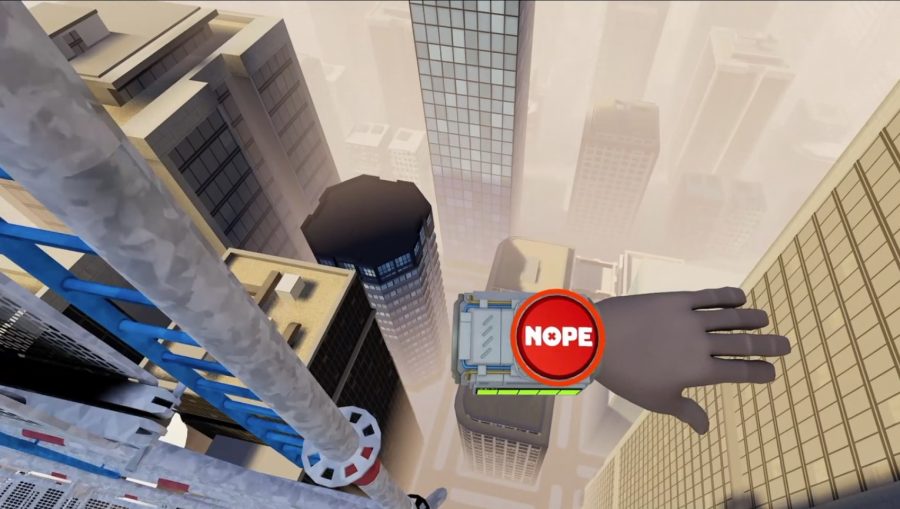The New York Times reports that a study by security firm Barracuda Networks, which polled 2,400 of its customers, has found that more than half block access to social networking sites from employees on their work networks. Interestingly, though, MySpace was blocked far more often than Facebook.

43.9% of companies block access to MySpace, while just 25.6% of companies block access to Facebook. Just 6.3% of companies blocked only Facebook while allowing access to MySpace. Why is that? A snap analysis might lead one to think that companies are just more comfortable with the more orderly nature of Facebook — and the fact that it is being used for legitimate business networking by some folks (myself included) — whereas, the vanity-focused MySpace has no work value. But that’s not what’s going on here, according to Barracuda.
“Anecdotally, it just appears MySpace is better known,” BarracudaÄôs chief executive officer Dean Drako told the Times. “Some of our customers didnÄôt know what Facebook was.” Even though we recently reported that MySpace as a trend is cooling off, search volume for the site still crushes all other social networks, and news mentions, according to Google Trends, are still in line with Facebook. It’s certainly not inconceivable that a lot of corporate IT types just haven’t yet heard of Facebook (though that can be hard to imagine while operating in a blogosphere that mentions the site 12 billion times per week).
Image from Barracuda Networks.

In general, though, Barracuda thinks that more companies will begin restricting employee web access in the future, as social networking sites like Facebook and MySpace are seen as a productivity drain. The good news for me, is that playing around with those sites on a daily basis is something of a job requirement. For most of the rest of the working population, though, I’ve always thought that lost productivity numbers might be based on slightly fuzzy math. In my personal experience, even when there weren’t any fun diversions (like Facebook) at office jobs I have worked, it didn’t mean I spent all that extra time working — it just meant the breaks I took were spent doing things like folding an arsenal of paper table-top footballs.
Similar to the way the recording industry can’t legitimately claim that every downloaded song is lost revenue because not all of those downloaders would have made that purchase if downloading hadn’t been available, companies can’t make the claim that every minute spent on a social networking site is lost productivity because not all of those employees would have spent those minutes working.
Every March in the US there are stories run in the mainstream media about how many billions of dollars will be lost while employees fill out brackets for NCAA basketball tournament pools at work. But is the twenty minutes it takes most people to fill out a bracket time diverted from actual work or from goofing off that would go on anyway? Is goofing off even such a bad thing? Who is more likely to put out quality work, the employee that spends 8 hours straight working, or the employee that works 6 hours, and keeps sane by having a little fun along the way?





















